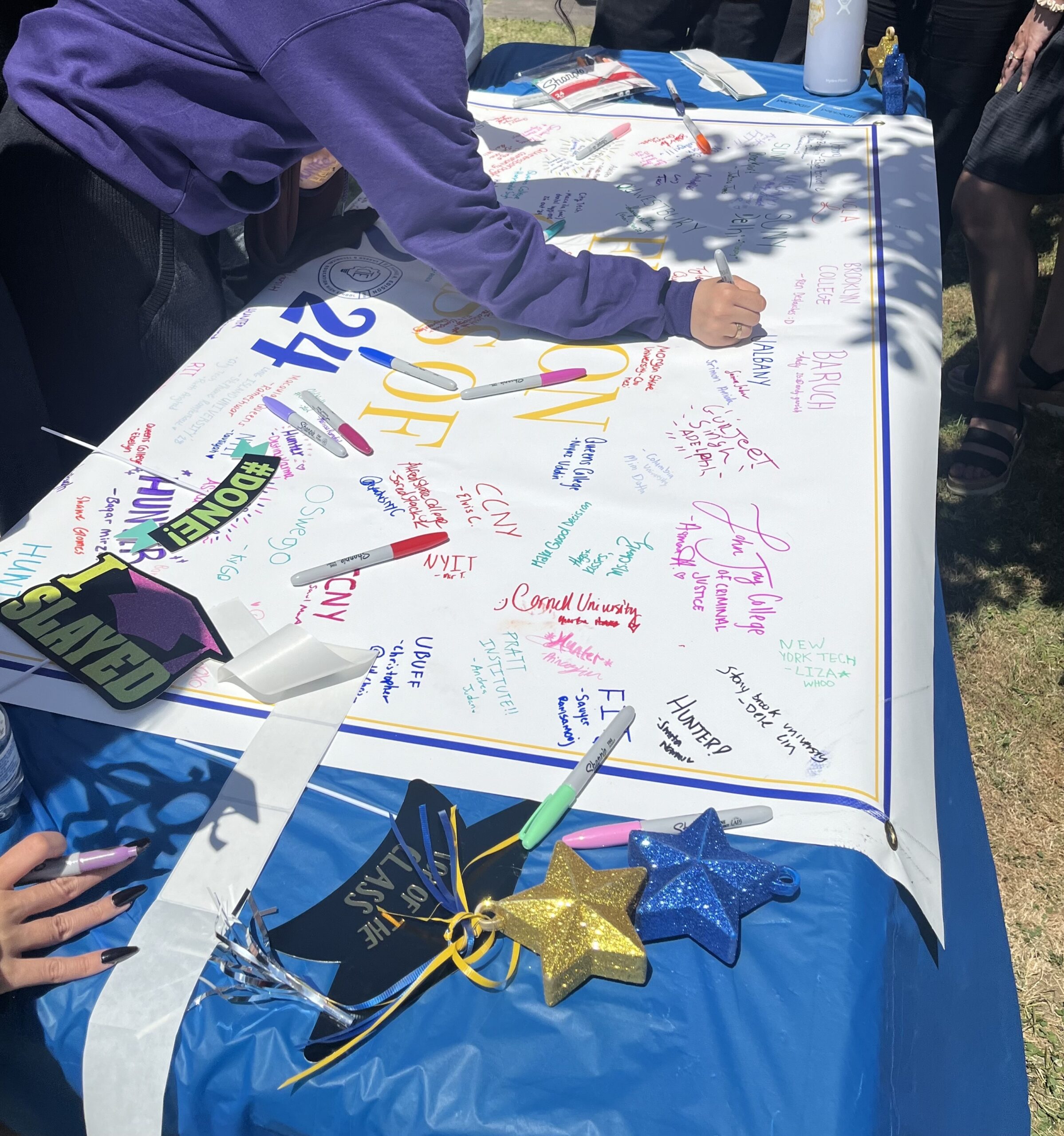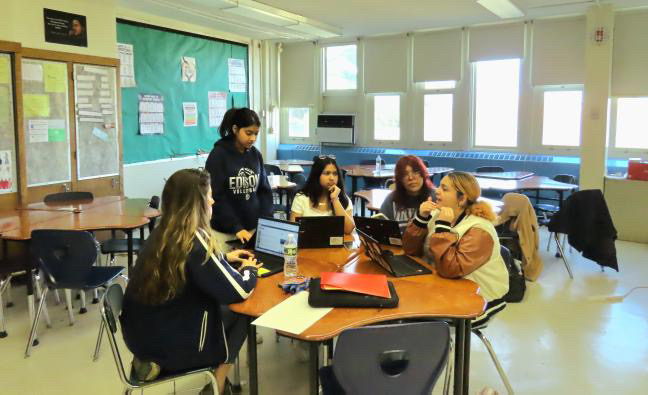As students across New York face rising college costs and financial uncertainty, SUNY Chancellor John B. King Jr. is working to remove barriers that stand in the way of higher education.
A former U.S. Secretary of Education and lifelong advocate for equity in learning, King now leads the largest public university system in the country. His mission: to make college more accessible, affordable, and debt-free for New Yorkers especially through promoting financial aid awareness and completion.
Q: Why is completing the FAFSA so important for students?
Chancellor King: “The gateway to access federal and state student aid and you have to complete that to get access to it. In SUNY, 58% of students go for free and it’s crucial for them to complete the FAFSA in order to be able to gain that. Last year, students left $200 million in federal aid on the table due to not completing it.”
Q: What are the biggest challenges students face when it comes to paying for college?
Chancellor King: “It’s a complicated process to complete the FAFSA, the TAP, navigating the student aid process. Second major challenge is there are a lot of expenses—there is tuition, room, fees, books—and sometimes students are figuring out what they need. They underestimate the cost because they’re not thinking about that. At SUNY, ours is $7,070 for the year. Students will have additional money to spend on other expenses.”
Q: What is SUNY doing to help students with financial aid and make college more affordable?
Chancellor King: “We are doing a lot of FAFSA information sessions. We also have a FAFSA Completion Corps who are SUNY students, part of a federal service program, where they are trained to help students and families complete FAFSA, and they are paid for their service.”
Q: What changes or reformations do you hope to make in the future to make higher education more accessible to all students in New York?
Chancellor King: “In the future I hope to make college debt free for students. Some students have to borrow in order to cover the cost of their four years, but I think it’s in the country’s interest to have as many students graduate, and it’s worth the investment. At least public education should be fully debt free, and if they are going to SUNY or CUNY, they should graduate debt free. In order to achieve that, we have to increase FAFSA and student aid and allow students to get more work-study on campus and jobs.”
Q: Chancellor King, you’ve had a long career in education. What inspired you to get into this field?
Chancellor King: “ When I was a kid, my parents both passed away, so school is what saved me. I was involved in a lot of clubs, extracurriculars, and school activities. I loved being in school. I am still in touch with my teacher from fourth to sixth grade. And it made all the difference to have those wonderful teachers. I wanted to pay back to my teachers because of what they have done for me, so I decided to commit my career to education.”
Q: Governor Hochul recently introduced a law requiring all high school seniors to complete the FAFSA. How do you think this will affect students in New York?
Chancellor King: “I am hopeful that it will result in a higher FAFSA completion rate for New York students. Right now we are at about 50.6% in the class of 25 who’ve completed the FAFSA. Last year was sort of a strange year because of the federal challenges with FAFSA. The rollout was delayed. There were technical glitches. So we really try to compare this year with 2023. And in 2023, eventually the class of 2023 reached 65% FAFSA completion. We want to get above that 65% number. So we have a long way to go. But again, I want to make sure students don’t leave money on the table that could help them for college.”
Q: Chancellor, we have seen that you are a graduate of elite institutions such as Harvard University and Columbia University. How has it led you to become the head of SUNY ?
Chancellor King: “Well, certainly my education has been very helpful to me. You know, it was at Harvard as an undergraduate that I really got interested in education and choosing a career in public service. At Columbia, I got my masters in teaching and doctorate in education, and those were very helpful to me early in my career when I was a teacher and principal and then leading a network of schools. Going to law school was very helpful in understanding policy and legislation as well as litigation and has certainly helped me in my public leadership roles, whether that was when I was state commissioner of education or when I served as secretary of education for President Obama or now as a chancellor for SUNY. My education definitely paid off for me.”
As college tuition prices are surging, higher education is becoming more and more of a luxury. Increased tuition prices have become a barrier to students’ dreams. And with more jobs requiring a bachelor’s degree as a minimum requirement for employment, the demand for college education is now higher than ever. By filling out the FAFSA form, high school seniors can become one step closer to achieving their dream.
Colleges should become more affordable especially state schools such as SUNYs that New York City high schoolers look forward to when majoring in popular subjects such as STEM subjects, IT, engineering and more. With leaders like Chancellor King pushing for equity and accessibility, the idea of debt free college education is no longer a dream that is a distant hope, it’s a mission in motion for every student.


































